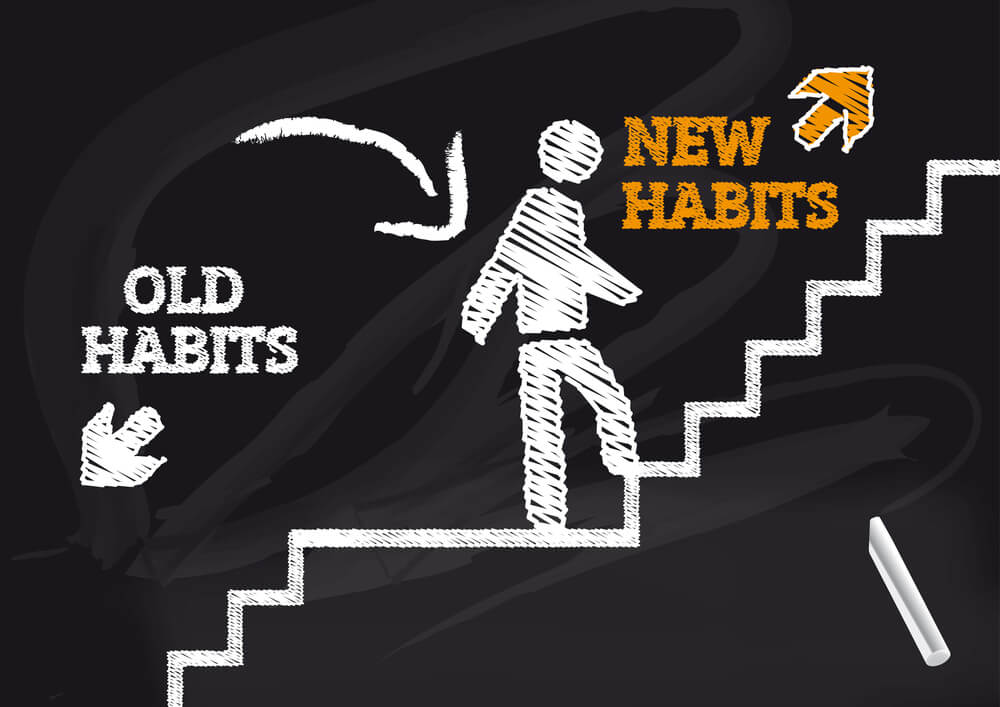
Why is Change Important in Recovery?
Legacy Healing Center Blog
Before overcoming your addiction, you must first change the behaviors that led to the issue in the first place.
Before diving into coping with change in recovery we must first understand what recovery is and why changing behaviors in recovery can be difficult but incredibly beneficial.
Recovery is for individuals who are struggling with an addiction and need time to nurse their mind and body back to health. The main elements of recovery focus on:
- One being honest with oneself
- One being able to enjoy life without substances
- One being able to live a life that contributes to society, family and individual betterment
- One being the type of person that others can rely on
- One giving back
- One striving to be consistent with beliefs and values that occupy the majority of the day
Why is change important to recovery? Changing behaviors in recovery embody the main elements that are focused on during the time and making sure that the changes are made for the better.
Not only helping the individual but also helping society and life around them. Continue reading to learn more about why changing behavior in recovery is important as well as coping with change in recovery.
Why Is Change Important in Recovery?
When someone is struggling with addiction and makes the decision to get help, it is important to commend them for taking one of the more difficult first steps in recovery.
Addiction recovery needs a complete life change and these changes are not only in behavior but also in lifestyle. Here are a few examples of coping with change in recovery:
- Those struggling with an addiction need to have a change of environment because the current environments are not good for health. This means that certain places such as bars, nightclubs, alleyways, drug houses, etc. should be avoided when making changes because it can show that there is a commitment to not being in places that once tempted individuals to use substances.
- Coping with changes in recovery may be difficult for individuals who surround themselves with individuals who partake in dangerous behaviors as well. Individuals on the road to recovery may need to change who they spend their time with and look to surround themselves with those who support their road to recovery and sobriety.
- Changing behavior in recovery can also be related to daily life. This means looking for a career path as well as keeping the family in mind. Looking for productive and useful ways to live a sober lifestyle. These changes should also include physical activity and healthy habits in regards to eating and sleeping.
- Other changes in behavior in recovery may mean focusing on oneself a bit more. Finding new hobbies such as taking classes, reading, focusing on a life skill or finding a spiritual path. No matter what decision is made in regards to changing behaviors, it’s important that the individual is improving themselves and follows through with the new behaviors after recovery.
If you or someone you love is struggling with addiction helping them reach sobriety is not an easy road but it is 100% possible. As hundreds of others before, many people go drug-free yearly, finding new habits and changing behaviors to cope with sobriety.
In general, most individuals struggling with addiction begin with a treatment program that can last anywhere from a few days to a few months where they not only detox but begin education and therapy.
Once individuals have completed their time in therapy they must continue to follow up with the therapist and their support system because one of the most common reasons for relapse is being stagnant.
When individuals stop changing and improving, old habits can creep back up. Recovery is a lifelong change and although it’s not easy, it is possible to get clean and stay clean.
Begin seeking the change you need by reaching out to one of our addiction representatives today at 888-597-3547.